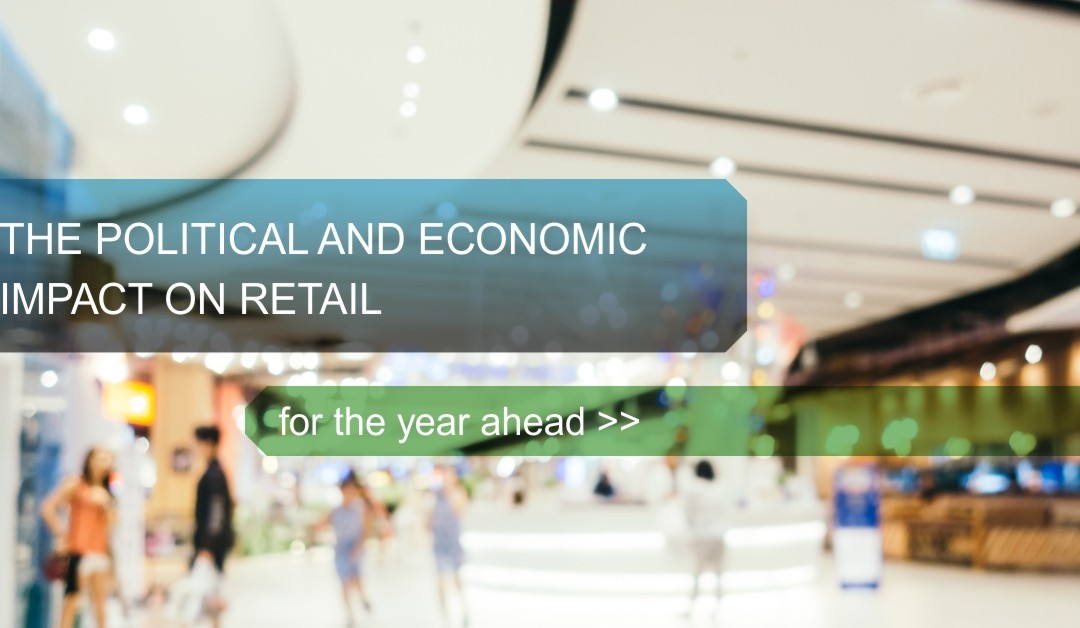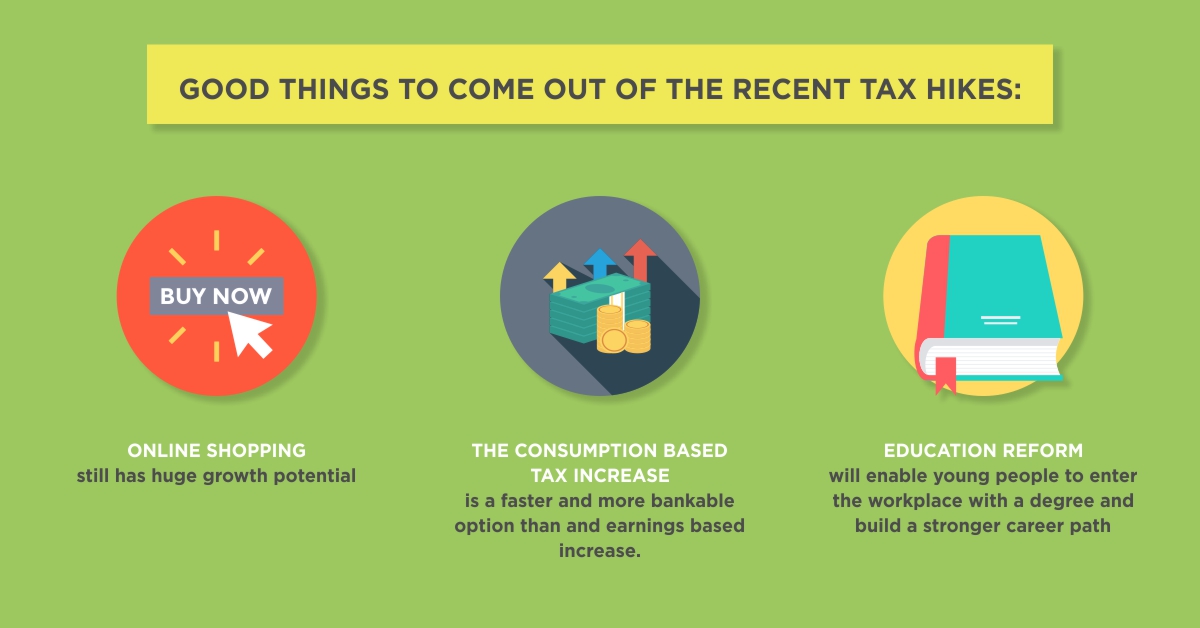We’ve started the year off with a furry of change. Cyril Ramaphosa was sworn in and delivered his first state of the nation address in February 2018. He alluded to the strong legacy of Nelson Mandela and promised ethical leadership, speaking harshly against corporate criminals. Another key stand out was the commitment to personal responsibility by Mr Ramaphosa, when he stated the actions steps that he will take to execute government plans and reiterated non-tolerance, with consequences for political manoeuvring that supports corruption.
The South African public are weary after an incredibly long and tortious journey with former President Jacob Zuma, who despite being marred with corruption scandals, showed no respect for rectification or remorse. While the nation welcomed the presidency change and the address by Mr Ramaphosa, South Africans watch with caution until credibility is proven. Some critics labelled the SONA address as weak and heavy on rhetoric. Economists on the other hand, show belief in Mr Ramaphosa’s proven track record as a business man. We hope that his fresh approach is supported with decisiveness and swift action.
South African’s were still busy digesting the SONA and Jacob Zuma’s removal when we were served the Budget speech which was far from desert. In fact, it might have caused reflux and heart burn for many. The budget speech sort to repair the country’s current economic state and mitigate against falling into a deeper financial hole with borrowing. Increases in taxes (sins, luxury, estate and wealth tax), vat, fuel levy are most of the ways that government will increase its revenue. Lower income households are protected as grants increase above inflation and primary food remains exempt from tax. The vulnerable are further supported with the way that grants are deployed to support higher education and land expropriation. While every shopper in South Africa will feel the pinch, it’s the middle income and wealthy households that will absorb the highest impact of the budgeted increases.
The burden that households will experience is amplified due to the ripple effect of how the taxes work. The increase in vat will raise the cost of raw materials, production, warehousing, distribution and retailing and each step in the value chain usually changes business ownership. This means that an invoice is generated multiple times, thus adding on an additional 1% in VAT at every change. So consumers can expect to pay more than a 1% increase in VAT on the end price. Lesley O’Connell, PwC VAT partner, says, “The implementation of the VAT increase for certain business will also be complex, and the implementation date of April 1 does not leave much time to allow businesses to effect the necessary system changes and enhancements.”
The fuel levy further exasperates the cost pressure on all goods and services that have a fuel component to its costing. If the rand continues to strengthen, the full impact of the fuel and vat increases will be delayed.
Typically, the consumer goods industry responds the fastest as people will always need to shop. We can expect to see higher prices on shelves with the average basket costing more. While households will try to cut back and implement cost saving measures, they will not be able to avert the cost pushes. The timeline of the higher cost of living does not allow for earnings to adjust accordingly, therefor forcing households that are already taking strain, to downtrade. Smaller cars, smaller houses, changing schools are all options that people will employ to stay afloat. However, if the government’s plans, to deliver growth met or exceeded expectations, it would have a positive ripple effect on the South Africans.
Good things to come out of the recent fiscal budget:
1. Online shopping still has huge growth potential with penetration estimated to be 1% of total retail sales as compared to the U.S at 13%. Online sales will avoid a % of the cost push that retail will experience, thus making it more appealing on price. Consumers are likely to explore all possibilities before downtrading, which could mean an increase in new users of online stores.
2. The consumption based tax increase is a faster and more bankable option than an earnings based increase. Analysts believe that this will be enough to avoid a ratings downgrade. Stable ratings is one way to attract growth.
3. Education reform will enable young people to enter the workplace with a degree and build a stronger career path to become a higher economic contributor to the economy. This will also add to the professionalism of the South African Workforce making it a more attractive option for foreign investment. I’m reminded of an African Proverb, “If you want to go fast, go alone. If you want to go far, go together.”
5 steps to consider for businesses pursuing growth in these times:
1. Stay true to your strategy. Established brands have entrenched themselves into the hearts and minds of consumers. Loyalty built over time is also driven by the value that the brand adds to its shoppers lives.
2. Build on your sales by developing new channels, adjacent products/services or grow beyond the core. Maximising consumer value propositions in a way that is unique in the market, will attract a new base of customers and consumers.
3. Manage liquidity. Equip your business with credit facilities, even if you don’t need it right now. Negotiate more favourable credit terms and shorten debtors’ payment agreements. Many small businesses fail because they have run out of capital, not because there isn’t demand for their product or service.
4. Review your cost efficiency. Businesses build up their cost weight as they grow. Take a deep look into the components of operating and fixed costs to extract possible savings. Ways to improve cost efficiency are, outsourcing certain production or service functions, make use of consultants as they can add great value, consider vehicle rotation and rental options.
5. Understand and communicate your businesses value. Marketing is usually considered a luxury for use only when the business is comfortably established. The purpose of marketing efforts are to introduce people to you brand or service and tell them why they should be choosing you. So actually, clearly defining your value to the market and investing in communicating this value will unlock growth.
So while all the recent changes will have a mix of good and bad impact, it is very possible for businesses to steer through and unlock growth. The most important political action that we are all looking for right now, is strong execution. Agility and decisive action will bear fruit as resilient South African’s put their heads together to navigate through these rapids.
“I’m convinced that about half of what separates the successful entrepreneurs from the non-successful ones is pure perseverance.”–Steve Jobs





